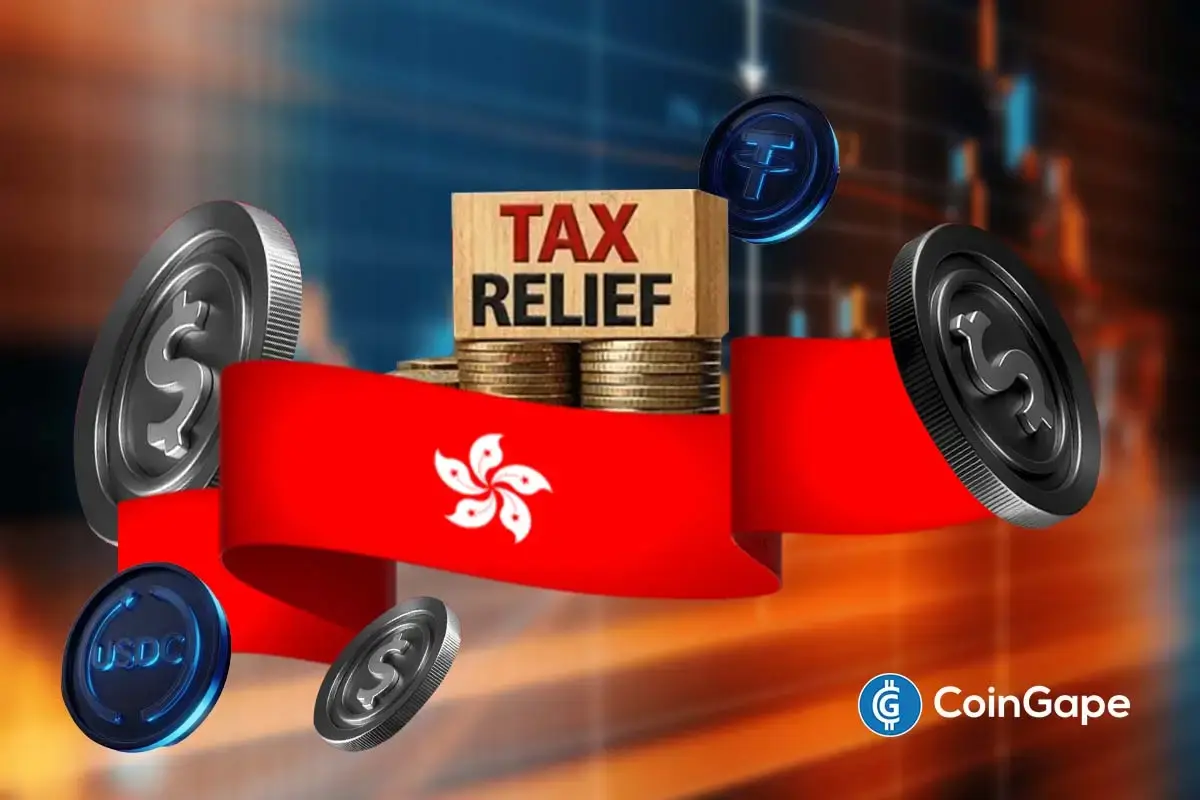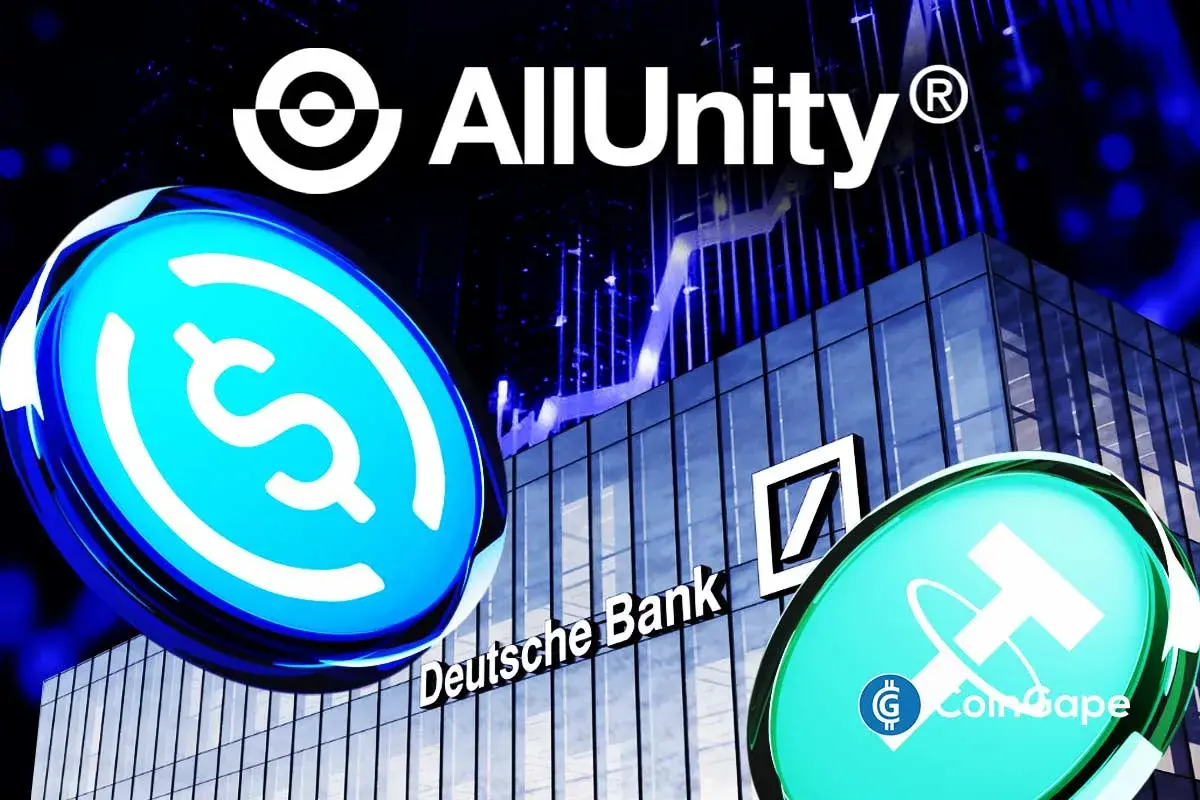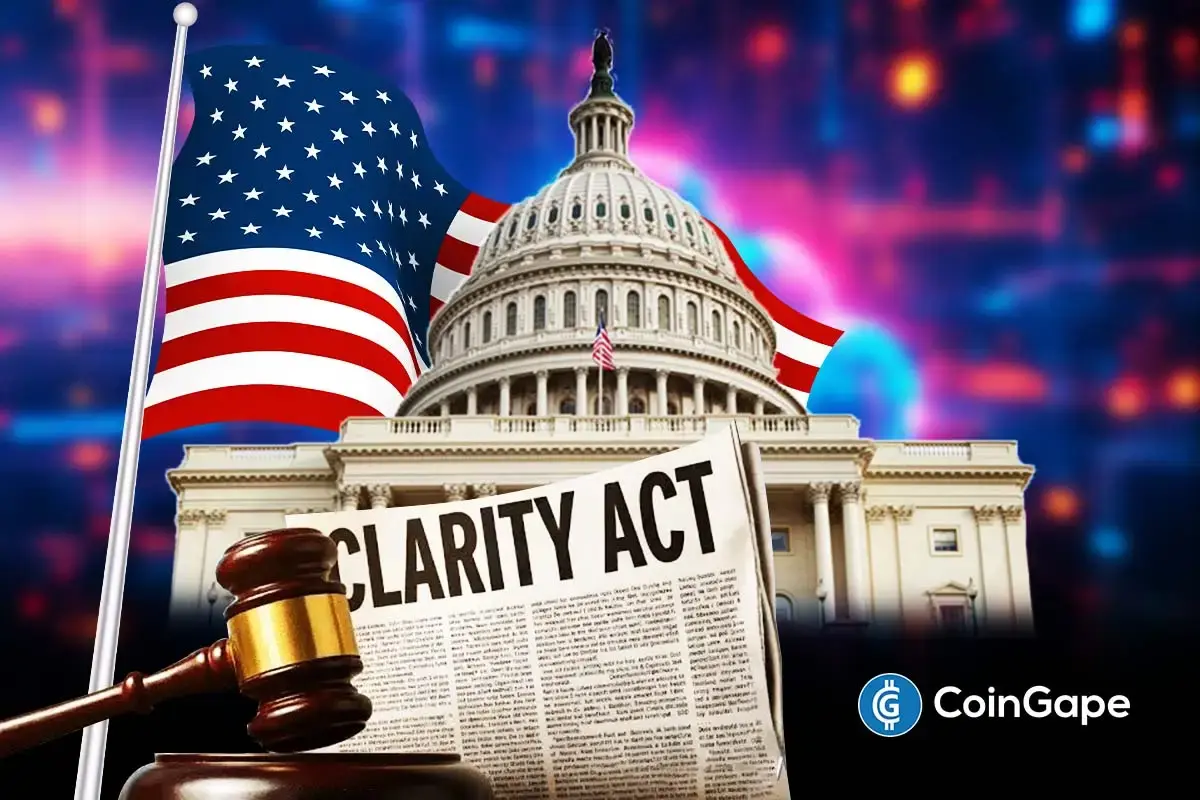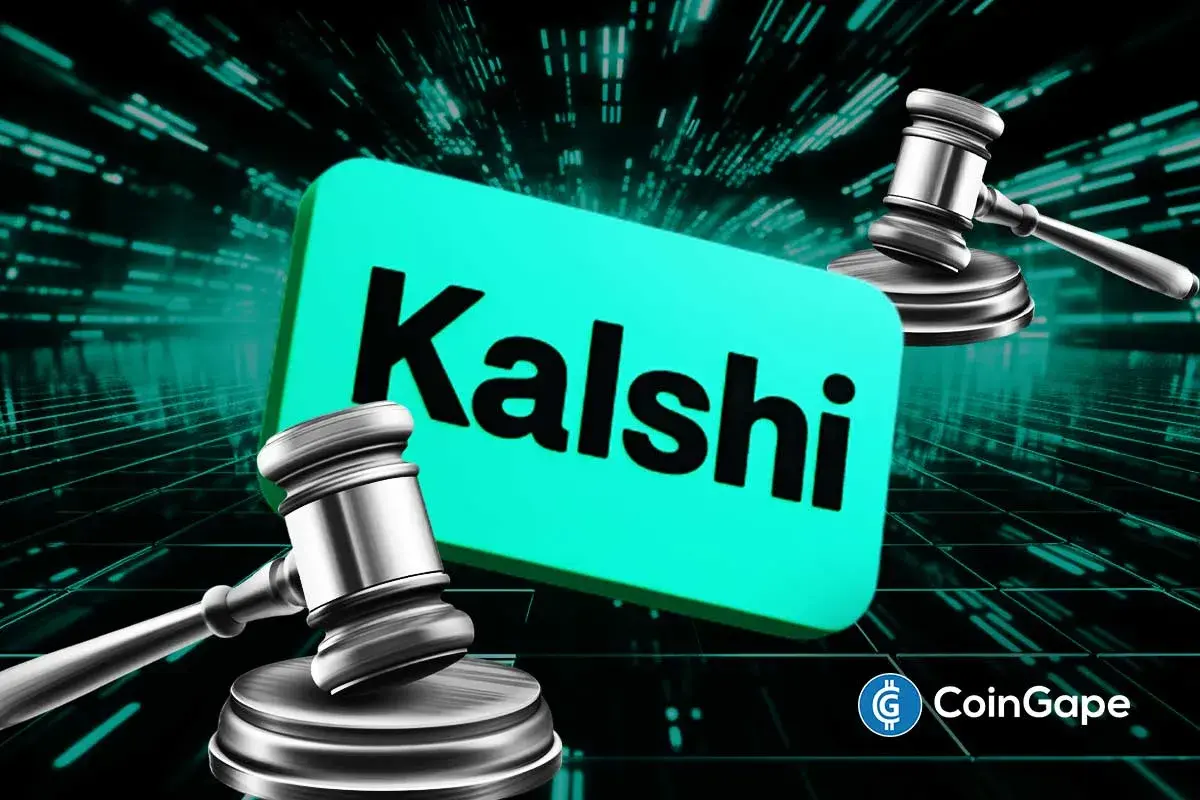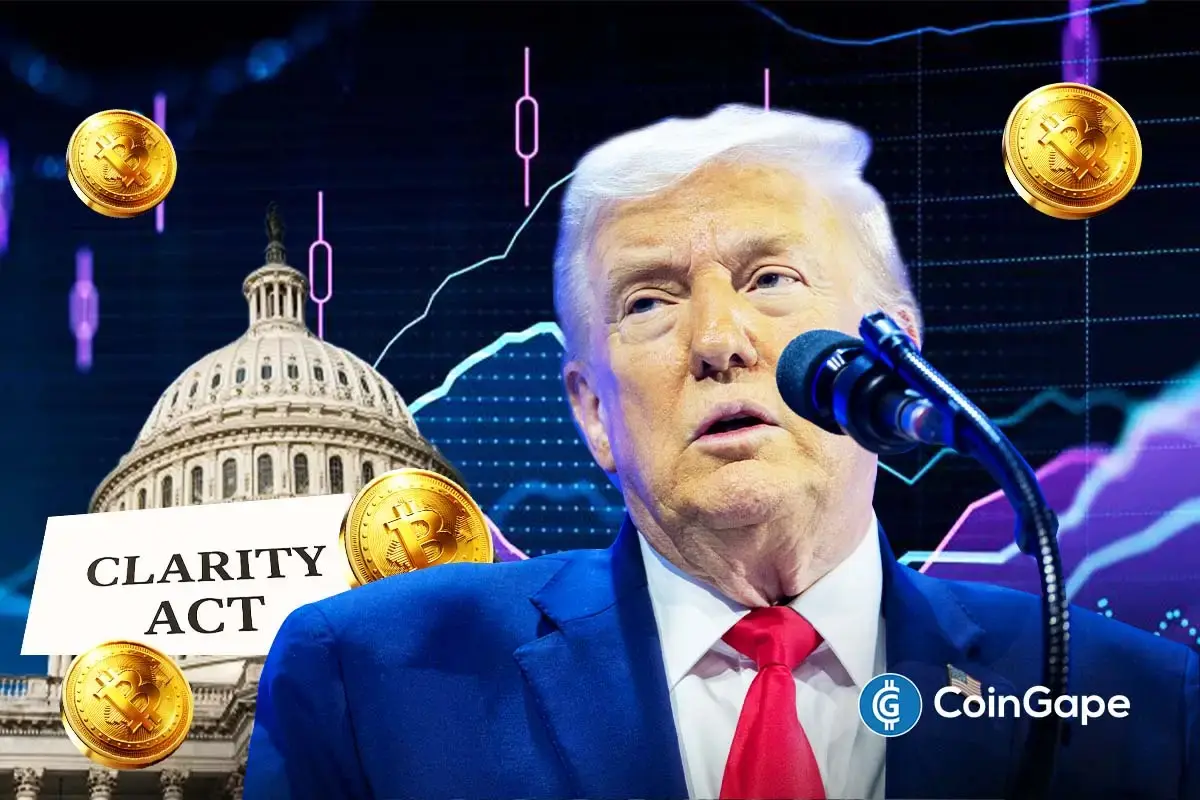Crypto Exchange OKX Ceases Operations In Nigeria

Highlights
- OKX will exit the Nigerian market after accessing local regulations.
- Users are advised to review accounts and close open positions on Aug 16.
- This adds to the list of crypto firms discontinuing services in the country.
Crypto exchange OKX has announced an exit from Nigeria citing local laws amid a recent clampdown on digital assets services in the country. This adds to the ongoing regulatory debacle faced by crypto companies in the Nigerian market. The exchange has issued instructions to users as its local entity winds down operations.
OKX Is Leaving Nigeria
In a July 17 email sent to customers, OKX informed users of the discontinuation of services in Nigeria after accessing local policies. From August 16, OKX customers will no longer be able to open new trading positions or access services in the country. However, users will be able to withdraw and close open positions.
“We are discontinuing OKX services in Nigeria after recent changes in local laws and regulations. This is based on our ongoing assessment of policies in each market we serve.”
The exchange further highlighted steps for Nigerian users to review accounts before Aug 16. Users are to close P2P, margin, futures, and options positions as well as redeem all assets from Grow products and transfer all assets out of OKX to a preferred wallet. After Aug 16, users will be allowed to make withdrawals but restricted from deposits and related transactions.
“While your funds remain secure and accessible in your account, we highly encourage you to withdraw them to your private wallet or your accounts on other third-party platforms by 12:00 am (PST) on August 30, 2024,” the email added.
After Aug 30, users will have to contact customer service support for related actions.
Crypto Regulatory Pursuit
In May, OKX announced a cease on centralized crypto trading services in Hong Kong to comply with regulatory requirements. The exchange advised users not to deposit funds after May 31 as well as other guidelines. The situation in Hong Kong is quite different from Nigeria following harsh local restrictions that have led to a ban on Binance, Coinbase, and others. This year, the Nigerian government ramped up a crackdown on crypto trading services linking the same with a decline in the local currency.
Also Read: Grayscale Launches New Fund For AI Coins
Play 10,000+ Casino Games at BC Game with Ease
- Instant Deposits And Withdrawals
- Crypto Casino And Sports Betting
- Exclusive Bonuses And Rewards

- XRP News: Ripple-Backed Ctrl Alt Completes $280M in Diamond Tokenization on XRPL
- Bitwise CIO Calls Bitcoin Selloff ‘Classic Cycle,’ Dismisses Manipulation Rumors
- Cardone Capital Takes Real Estate On-Chain With $5B Tokenization Plan
- Senator Elizabeth Warren Targets Trump-Affiliated World Liberty Financial Over Bank Charter Bid
- JPMorgan Projects Bullish Crypto Market in H2 Following CLARITY Act Approval
- Top 2 Price Predictions Ethereum and Solana Ahead of March 1 Clarity Act Stablecoin Deadline
- Pi Network Price Prediction Ahead of Protocol Upgrades Deadline on March 1
- XRP Price Outlook As Jane Street Lawsuit Sparks Shift in Morning Sell-Off Trend
- Dogecoin, Cardano, and Chainlink Price Prediction As Crypto Market Rebounds
- Will Solana Price Rally to $100 If Bitcoin Reclaims $72K?
- XRP Price Eye $2 Rebound as On-Chain Data Signals Massive Whale Accumulation

 Buy $GGs
Buy $GGs





